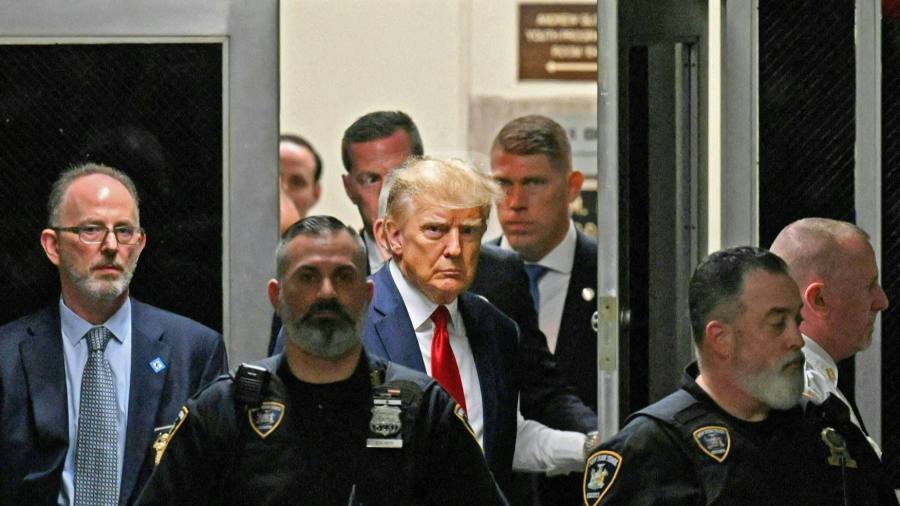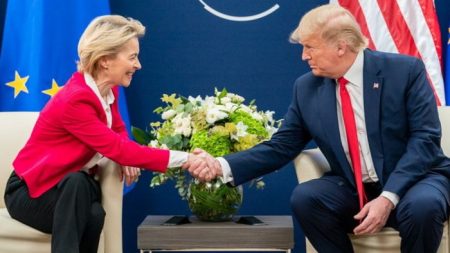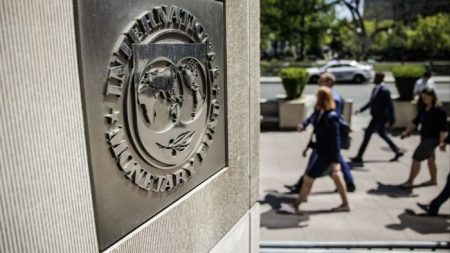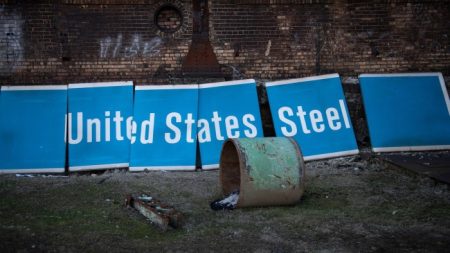Any legal case brought against a former American president will inevitably have both political and legal considerations. Cases that are legally sound may have very little impact politically; a prosecution that may be politically explosive can fizzle in a court of law. It has been Donald Trump’s great good fortune thus far that none of his myriad scandals has been both legally watertight and politically compelling.
The April indictment brought by Manhattan district attorney Alvin Bragg was neither. Those charges — sparked by the hush money payments Trump made to onetime porn actress Stormy Daniels — relied on a legal sleight of hand to turn them into felonies, and alleged 34 counts of “falsifying business records”. Not exactly the stuff of political attack ads.
The next two cases that the former president seems likely to face get closer to the danger zone, but in some ways are mirror images of each other. One looks like a legal slam dunk but is of questionable political impact; the other has all the theatrics of a made-for-Hollywood melodrama, but may be unprovable before a jury.
The indictment that is due to be dropped on Trump on Tuesday increasingly appears to be one of the easiest to prove. Allegations that the former president knowingly absconded with classified intelligence and then consciously plotted to hold on to it, despite court-ordered subpoenas, has all the elements a prosecutor could want — evidence in desk drawers and basement storage rooms; co-conspirators likely to attest to the conspiracy; even audio tapes of Trump admitting to the crime.
Those who know Jack Smith, the special prosecutor who is bringing the new charges, say he has a reputation for only filing the winningest of cases — an indication he is supremely confident in the legal hand he’s about to play.
But do scraps of paper stored in cardboard boxes have the ability to break through the political noise? It has long been the worst-kept secret in Washington that the American capital is plagued by over-classification. Almost every intelligence officer or military official with security clearance stamps “Top Secret” willy-nilly on even the most innocuous of documents.
In addition, the political waters have been muddied by the fact that both Joe Biden and Mike Pence stored classified documents in their personal offices after leaving the vice-presidency. Unlike Trump, both did so accidentally and returned them as soon as they learnt of their transgressions. But in the conspiracy-soaked world of modern American politics, such distinctions almost always get lost in translation.
Conversely, a looming indictment expected this summer out of Georgia is increasingly looking like the stuff of political thrillers. Audio recordings of Trump attempting to move the state from Biden’s column by conjuring up thousands of non-existent votes in phone calls to Georgia’s top election officials have already been made public. There seemingly would be no more egregious crime politically than an overt attempt to thwart the will of the American people.
But can Fulton County attorney-general Fani Willis really make the charges stick? The hardest hurdle to clear, legal analysts have argued, is to prove intent — if Trump genuinely believed he won in Georgia, were his efforts intended to break the law? That is much easier to prove in the court of public opinion than in an actual court.
At this point, however, the individual indictments may mean less than the direction of travel. We are moving from allegations that are largely on the periphery of Trumpian misdeeds to ones that are far more consequential and damaging. The cumulative effect of the prosecutions will begin to weigh on Trump both legally and politically, sapping the former president of time and resources. He remains the Republican frontrunner for the 2024 nomination. But he is entering a summer in which prosecutors, judges and juries may start to dictate whether he can stay there.
Read the full article here













